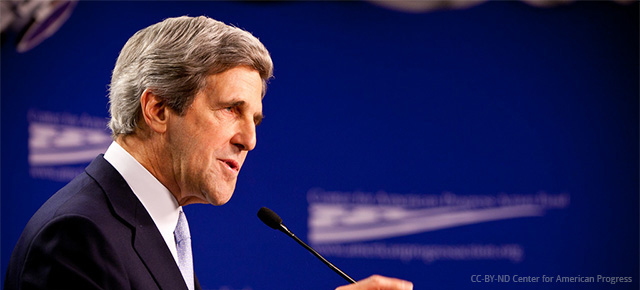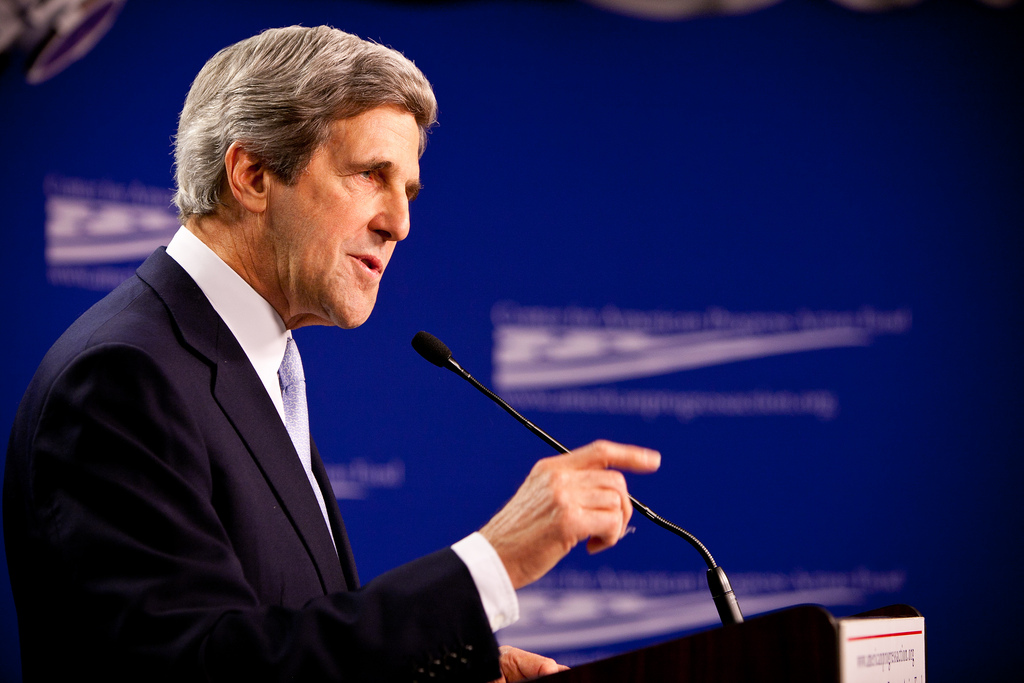

In 2009, President Barack Obama was inaugurated as the forty-fourth President of the United States. Four years later, he finds himself at the start of his second term with a new presidential cabinet.
While Obama’s change in personnel was considered to be indicative of a shift in his policy agenda, sophomore Masao Dahlgren disagrees, saying, “Obama’s being consistent with his left-center policy. His policy is beginning to show through a bit more due to decreased opposition from the GOP. Without having to concern himself with re-election, he can really push the Democrat agenda more aggressively than in the first term.”
The most publicized new cabinet member is Senator John Kerry of Massachusetts, who will replace Hillary Clinton as Secretary of State. Kerry was the Democratic candidate for the presidency in 2004, President Bush’s year of reelection.
Dahlgren says, “I think that Kerry’s going to keep the same foreign policy stances as Clinton. Obama is aiming for consistency, and here Kerry does a good job.”
Susan Rice, the United States Ambassador to the United Nations, was the former front-runner for the position of Secretary of State. Rice withdrew her name from consideration after being criticized by Republicans for misleading the public after she claimed that the cause of the Sept. 11 attack on a U.S. diplomatic outpost in Benghazi was a protest.
Says Dahlgren, “Susan Rice would have been preferable given some criticisms over John Kerry’s foreign policy gaffes during the 2004 election, but I am in agreement with the president that [Kerry] is a worthy candidate.”
An all-male and predominantly Caucasian cabinet has caused some controversy among critics. Sophomore Vivian Shen says, “I am slightly disappointed because I believe that there are many well-qualified women politicians that would be able to instruct Obama just as well as any male. However, I do trust Obama to pick his advisors in accordance to what would best benefit him.”
Concerning the lack of ethnic diversity, Dahlgren comments, “With the changing demographics of the nation itself and the improvement of education, we will see a gradual increase in congressional diversity.”
Shen also notes, “I believe Obama is correct in selecting those that would work well with him instead of choosing people for the sake of diversity. We do not want conflict in the presidential cabinet, which would hinder the ability of our nation to make fast resolutions when needed.”
Obama’s new term brings hope of reform in several areas of domestic policy, including gun control, the economy, immigration reform and climate change, all of which focus on domestic issues.
With regards to foreign policy, Dahlgren comments, “Following those may be the pertinent issues of foreign policy in South and Southeast Asia, which includes the strategic pivot to the Pacific and the Afghan withdrawl. Also, I hope that, integrated with the economy-centric approach will be some more address of climate change issues.”
Shen also notes, “The War on Terror should be a major [focus]. However, I do not condone such methods as racial profiling as means to dispel terrorists in hopes of dispelling fear.”
With four more years to accomplish some of the nation’s most pressing issues, President Obama is held to much higher expectations, as problems become increasingly pivotal.
